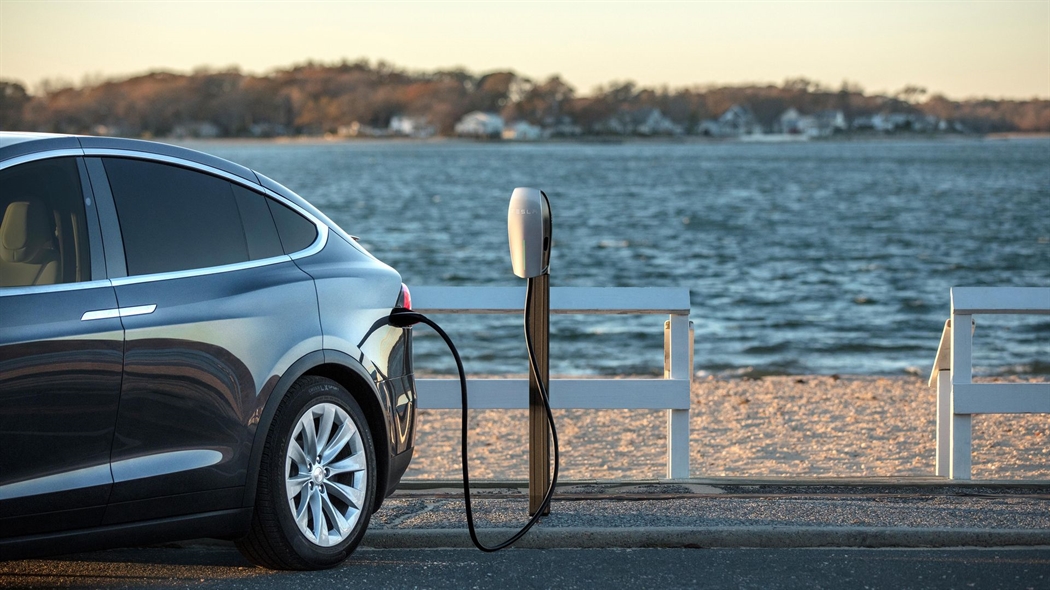MEPs have voted in tougher emission rules for new cars and vans as they step up the fight against climate change.In a draft law on Wednesday adopted by 389 votes in favour to 239 against and 41 abstentions, the European Parliament proposed setting a higher target for reducing EU fleet-wide emissions for new cars by 2030 of 40% (compared to the EU Commission’s 30%; year of reference 2021) with an intermediate target of 20% by 2025. Similar targets are set for new vans.
Manufacturers whose average CO2 emissions exceed these targets will pay a fine to the EU budget, to be used for up-skilling workers affected by changes in the automotive sector, MEPs agreed.Carmakers will also have to ensure that zero- and low- emission vehicles – ZLEVs – (electric cars or vehicles which emit less than 50g CO2/km) have a 35% market share of sales of new cars and vans by 2030, and 20% by 2025.
The European Parliament called on the EU Commission to table, within two years, plans for a real-world CO2 emissions test using a portable device, like that recently introduced for NOx. Until then, CO2 emissions must be measured based on data from the cars’ fuel consumption meters. The real-driving emissions test must be up and running from 2023, it said.
MEPs acknowledge that a socially acceptable and just transition towards zero-emission mobility requires changes throughout the automotive value chain, with possible negative social impacts. The EU should therefore promote skill development and reallocation of workers in the sector, particularly in regions and communities most affected by the transition. MEPs also called for support for European battery manufacturing.
By the end of 2019, the EU Commission will have to propose legislation to provide consumers with accurate and comparable information on the fuel consumption, CO2 and pollutant emissions of new cars. And from 2025, carmakers will have to report the lifecycle of CO2 emissions of new cars put on the market, using a common methodology.
“Achieving the European Parliament’s support for a 40% CO2 emissions target by 2030 was no mean feat and I am proud of the successful result achieved. Equally important is the 20% emissions target for 2025,” said rapporteur Miriam Dalli (S&D)
“This legislation goes beyond reducing harmful emissions and protecting the environment. It looks at setting the right incentives for manufacturers; it encourages investment in the infrastructure; it proposes a just transition for workers. Now, I look forward to representing the European Parliament and negotiating on its behalf for strong legislation with the European Council and the European Commission,” the Maltese MEP added.
EU ministers will adopt their common position on October 9. Negotiations with MEPs for a first reading agreement would then start the following day.
Transport is the only major sector in the EU where greenhouse gas emissions are still rising. MEPs say that in order to meet the commitments made at COP21 in 2015, the decarbonisation of the entire transport sector needs to accelerate, on the path towards zero-emission by mid-century.
At the same time, the global automotive sector is changing rapidly, in particular in electrified powertrains. If European carmakers engage late in the necessary energy transition, they risk losing their leading role.
Edited by Bouli Hadjioannou
















